BlutoSays wrote:
Why did the Soviet Union collapse?
1970–1990
Further information: Era of Stagnation, History of the Soviet Union (1964–1982), and History of the Soviet Union (1982–1991)
The value of all consumer goods manufactured in 1972 in retail prices was about 118 billion roubles ($530 billion).[64] The Era of Stagnation in the mid-1970s was triggered by the Nixon Shock and aggravated by the war in Afghanistan in 1979 and led to a period of economic standstill between 1979 and 1985. Soviet military buildup at the expense of domestic development kept the Soviet Union's GDP at the same level during the first half of the 1980s.[65] The Soviet planned economy was not structured to respond adequately to the demands of the complex modern economy it had helped to forge. The massive quantities of goods produced often did not meet the needs or tastes of consumers.[66]
The volume of decisions facing planners in Moscow became overwhelming. The cumbersome procedures for bureaucratic administration foreclosed the free communication and flexible response required at the enterprise level for dealing with worker alienation, innovation, customers, and suppliers. During 1975–1985, corruption and data fiddling became common practice among bureaucracy to report satisfied targets and quotas thus entrenching the crisis. At the same time, the effects of the central planning were progressively distorted due to the rapid growth of the second economy in the Soviet Union.[25]
https://en.wikipedia.org/wiki/Economy_o ... %80%931990
---
Rancid wrote:
tax rate that can increase to suck up the excess money to bring inflation down
This is a *misnomer* -- as though inflation is linked to money supply, instead of to the actual balance of supply-and-demand. That's why raising the interest rate is asinine because it's *already* causing the expected liquidity crunch (here in 2022).
Rancid wrote:
No one wants that. Not people, not corporations.
This, unfortunately, is *vague* -- it's grouping 'people' and 'corporations', as *consumers*, economically, while ignoring that people-as-*workers* have *different* interests in the economy than people-as-consumers.
Also, this is private-sector vs. public-sector -- the *public sector* / government / 'public' has a *direct* interest in increased tax rates, as for taxing wealth and capital gains, for the sake of providing humane government social services that benefit *individual persons themselves*.
Social Production Worldview
[2] G.U.T.S.U.C., Simplified
---
Steve_American wrote:
No mainstream econ. theory saw that ending the gold standard was a big deal. IMHO, this was because the rich didn't want the theories changed.
Obviously the 'unchanged' 'theory' here is that of *private property*. To private *ownership* the transition from slave labor to free-labor wasn't really that big a deal, because the process of *material exploitation* still takes place, at the expense of *wage labor* -- just some *legalistic* changes, arguably.
labor and capital, side-by-side
material-economic exploitation
---
Steve_American wrote:
the rich
Note that the international powers just work-it-out among themselves, at the *currency* / exchange-rates economic level, to forestall any problematic economic / geopolitical issues:
The Plaza Accord was a joint–agreement signed on September 22, 1985, at the Plaza Hotel in New York City, between France, West Germany, Japan, the United Kingdom, and the United States, to depreciate the U.S. dollar in relation to the French franc, the German Deutsche Mark, the Japanese yen and the British Pound sterling by intervening in currency markets. The U.S. dollar depreciated significantly from the time of the agreement until it was replaced by the Louvre Accord in 1987.[1][2][3] Some commentators believe the Plaza Accord contributed to the Japanese asset price bubble of the late 1980s.[4][5][6]
https://en.wikipedia.org/wiki/Plaza_Accord
---
Steve_American wrote:
the apparent need tax increases to fight inflation in some rare situations.
Which makes the Tories' initial action all the more bizarre and inappropriate, economically-speaking:
In one fell swoop, Kwarteng reversed a rise in corporation tax planned by the government of Boris Johnson, whom Prime Minister Liz Truss replaced just 17 days ago. He announced, “The UK’s corporate tax rate will not rise to 25 percent—it will remain at 19 percent. We will have the lowest rate of Corporation Tax in the G20.” This will save the corporations “almost £19 billion a year” the chancellor said.
https://www.wsws.org/en/articles/2022/0 ... l-s23.html
---
Steve_American wrote:
UBI payments
UBI, if favored *over* government / public-sector social services, then only serves to preserve the *private sector*, and private sector interests.
Steve_American wrote:
UBI payments that can and will be cut to fight inflation in those rare cases.
You've just *abandoned* MMT here, and are now promising *austerity*. (This treatment implicitly acknowledges that inflation results from supply-and-demand, and *not* from money-supply.)
Steve_American wrote:
Please try to understand that MS Econ. asserts that it can regulate the economy by changing interest rates. This is just playing around with money,
So which *is* it, Steve -- is the money-supply *important*, or isn't it -- ?
Remember *this* -- ?
Steve_American wrote:
No mainstream econ. theory saw that ending the gold standard was a big deal. IMHO, this was because the rich didn't want the theories changed.
If the key 'index-value' valuation (gold, etc.), and its corresponding money-supply (volume / quantity) wasn't such a big-deal / transition, to the wealthiest at the time, then why are we fussing over it *now* -- ?
And:
Steve_American wrote:
MMTers assert that the history of the economy doesn't actually support the idea that as the money supply increases the value of the money decreases, because the effect is not in anyway consistent.
The terrain of economic functioning is far too complex for *anyone* to safely say that simply increasing the money supply causes inflation.















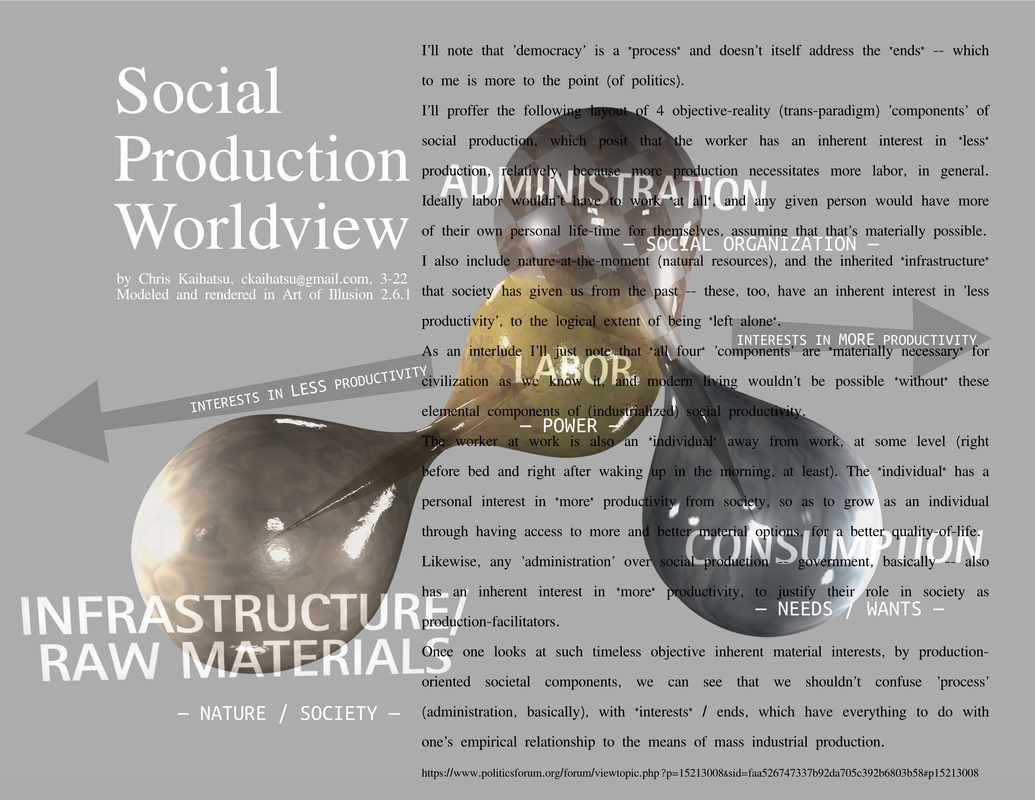
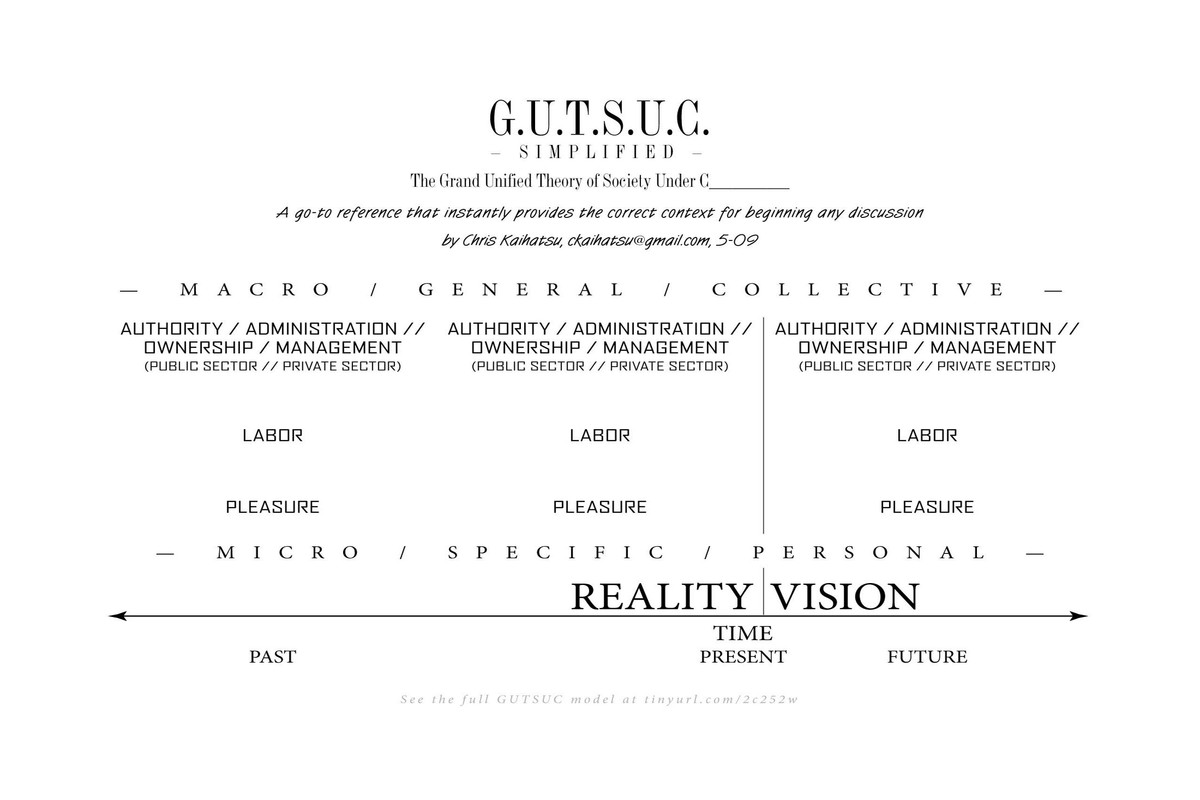
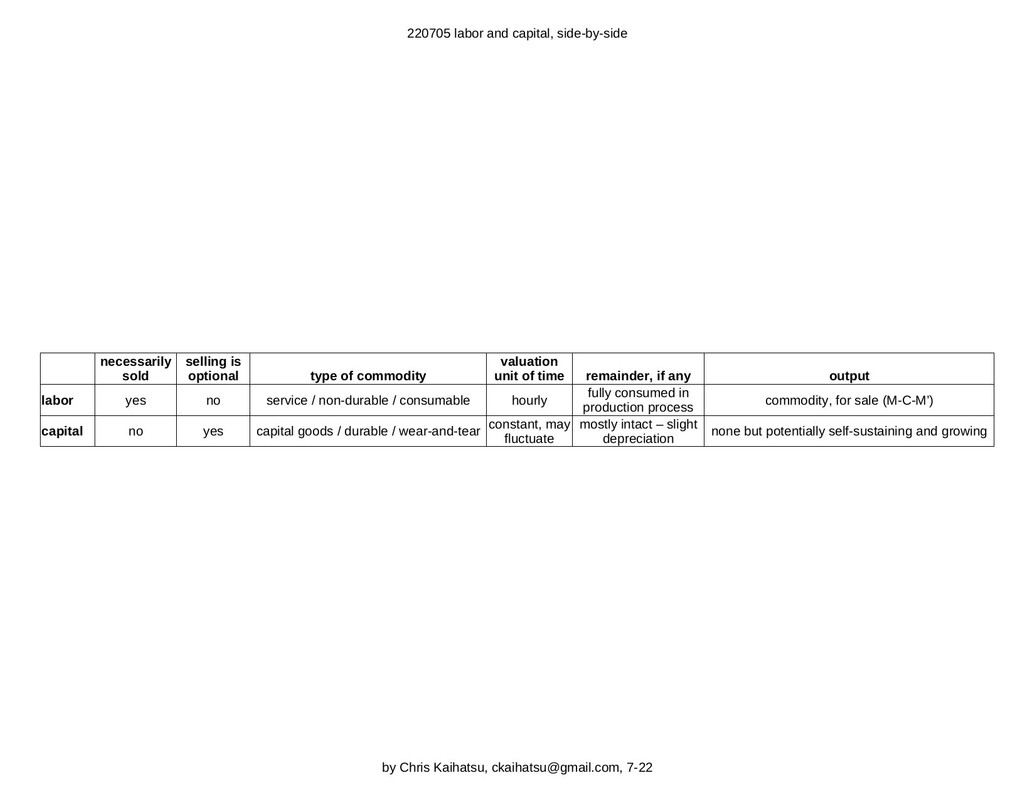
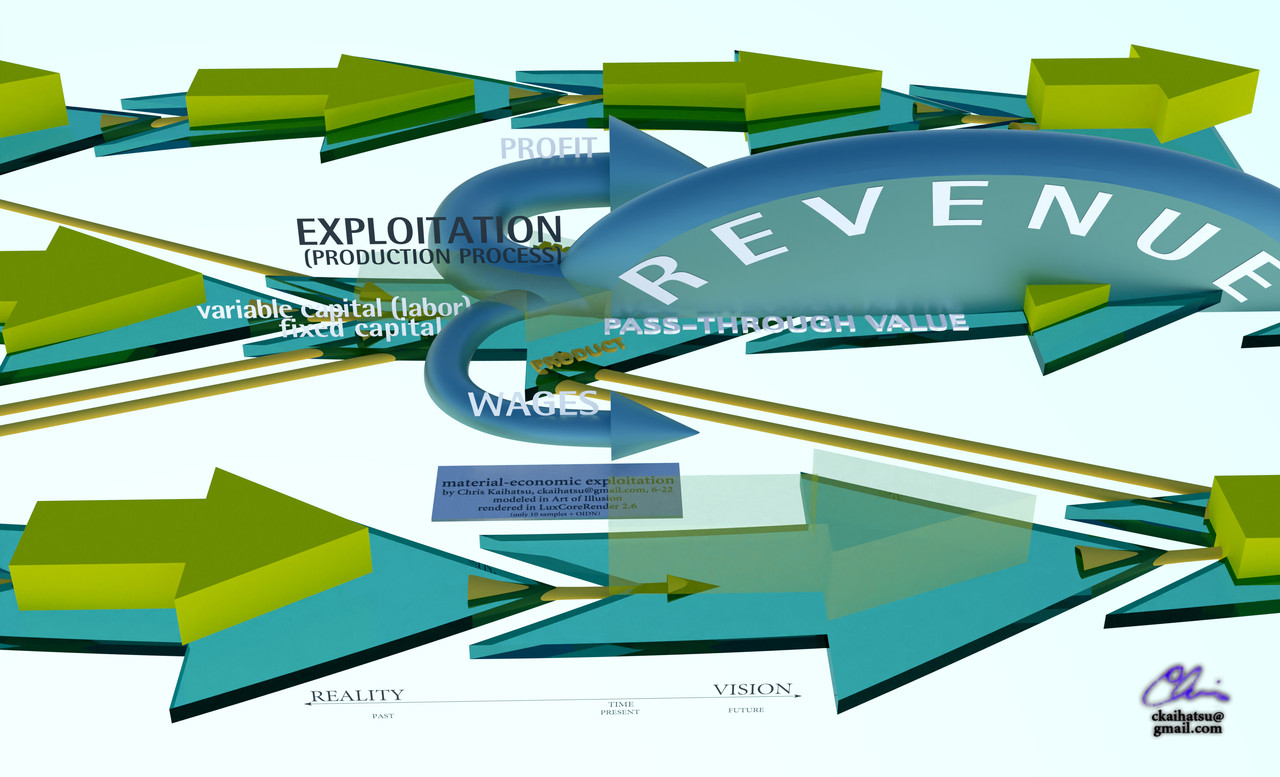
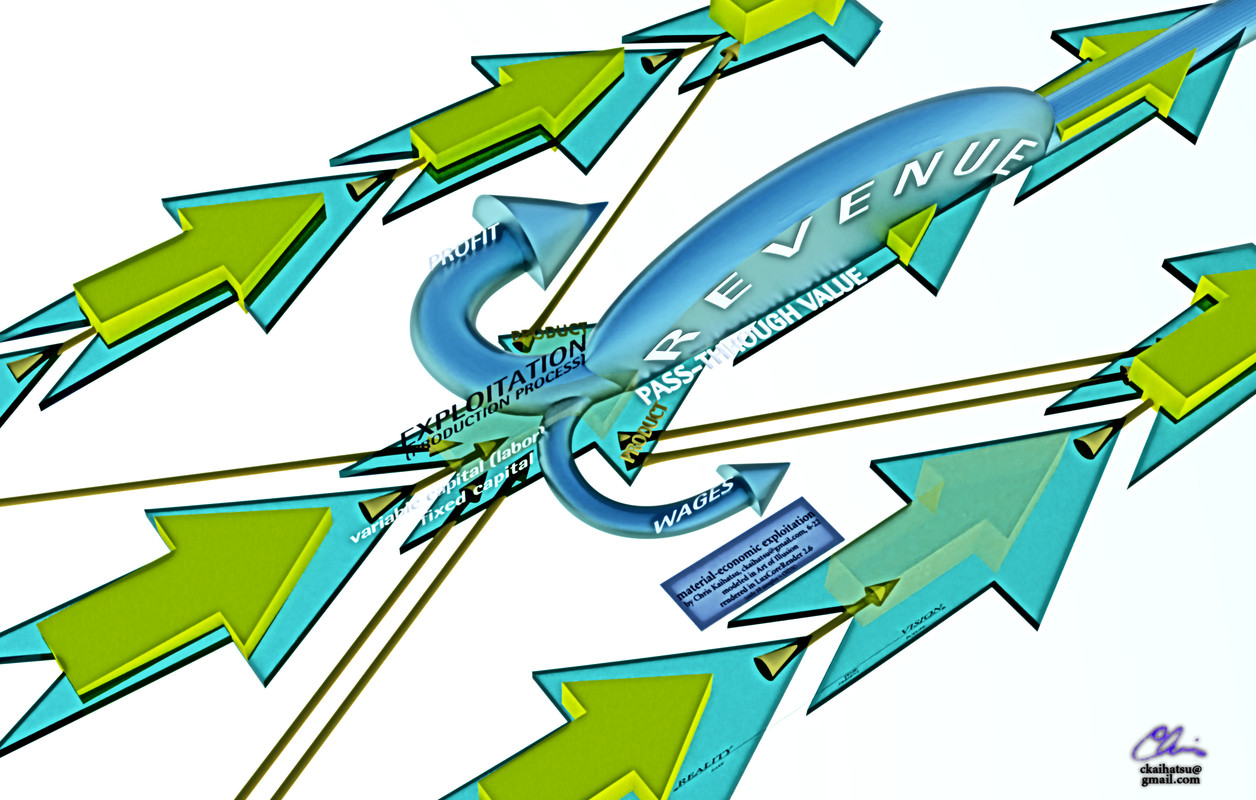




 - By Tainari88
- By Tainari88